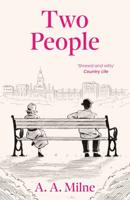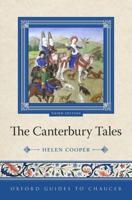Publisher's Synopsis
The literature of the European Middle Ages attends closely to the relationship of brother and sister, laying bare sibling behaviours in their most dramatic forms as models to emulate, to marvel at or to avoid. The literary treatment of siblings opens up multiple perspectives on brothers' and sisters' emotions: love, hate, rivalry, desire, nurturing and ambivalence underlie sibling stories. These narratives are in turn inflected by rank, social context andmost crucially, gender.
This book examines these sibling relationships, focusing on the important vernacular literatures of Iceland, France, England and Germany, and building on recent research on siblings in psychology, history and social science. Multiple and subtle patterns in sibling interaction are teased out, such as the essential sibling task of "borderwork" (the establishment of individuality despite genetic resemblance), and the tensions caused by the easy substitutability of one sibling for another in certain social situations. When the sibling bond is extended to the in-law relation, complex emotional, strategic and political forces and powerful ambivalences nuancethe relationship still further. Quasi-siblings: foster- or sworn-brothers complete the sibling picture in ways which reflect and contrast with the sibling blood-tie.
Carolyne Larrington is a Fellow and Tutor in medieval English literature at St John's College, University of Oxford.










